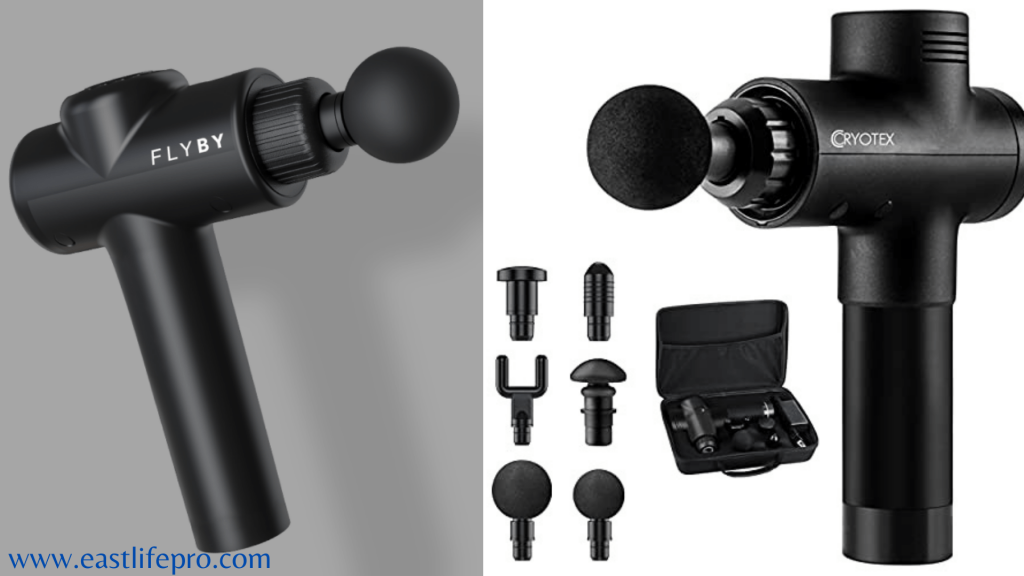All over the United States, many cities don’t supply their residents with soft water. Soft water is a type of water that has been processed so that it contains fewer minerals. The result is water that feels softer and is less likely to leave behind residue on surfaces or clothes.
So why doesn’t your city provide you with soft water? Why should you have to shop for water softeners, filtration systems, and the like? Unfortunately, the cost associated with softening municipal water supplies is often too expensive for many cities to justify.
In addition, most city water supplies are already processed with chlorine and other chemicals that make them safe for drinking. If a city were to add softening processes to its water treatment plans, it would require even more energy and resources than what they’re currently using.
Another factor that prevents many cities from providing soft water is the fact that it is a relatively new concept. In the past, there wasn’t much demand for soft water, so city officials weren’t motivated to make changes in their treatment plans. Now, homeowners are more educated and are choosing to install water softeners from companies like Water Doctors in their homes.
Fortunately, if you’d like softer water in your home, there are quite a few products available on the market today that can help you achieve this goal. From water softeners to filtration systems, you can easily find a product that’s suitable for your needs and budget. With the help of these water treatments, you can finally have softer water in your home.
Hard vs Soft Water
So, what’s the debate all about? Hard water is a term used to describe the mineral content in tap water. It’s called hard because it contains minerals like calcium, magnesium, iron, and manganese – which give it its ‘hard’ character.
Soft water, on the other hand, is processed to reduce the amount of minerals present in it. This makes it ‘softer’ to the skin and also prevents it from leaving residues on surfaces. It also doesn’t build up scale in pipes, which can cause plumbing issues over time.
The Benefits of Soft Water
Soft water has a few advantages over hard water when it comes to household use. One benefit is that it’s much gentler on clothes and fabrics. It won’t leave behind any residues that could cause discoloration or fading, so your clothes will stay looking newer for longer.
Furthermore, soft water is more efficient and effective when it comes to cleaning surfaces and dishes. The lack of minerals means that soap lathers up better and faster, making cleaning tasks quicker and easier. Plus, you won’t have to use as much soap or detergent, since soft water is more effective in breaking down dirt and grime.
Finally, soft water is much better for appliances like washing machines and dishwashers. Since it doesn’t contain any minerals, there’s less of a chance that the residues will build up on the inside of the appliance and cause damage over time.
In conclusion, although soft water isn’t available in most cities, you can still enjoy its benefits by installing a water softener or filtration system. With the right products and maintenance, you can finally have softer water in your home without having to worry about residue buildup or appliance damage!
James Martin is a passionate writer and the founder of OnTimeMagazines & EastLifePro. He loves to write principally about technology trends. He loves to share his opinion on what’s happening in tech around the world.



